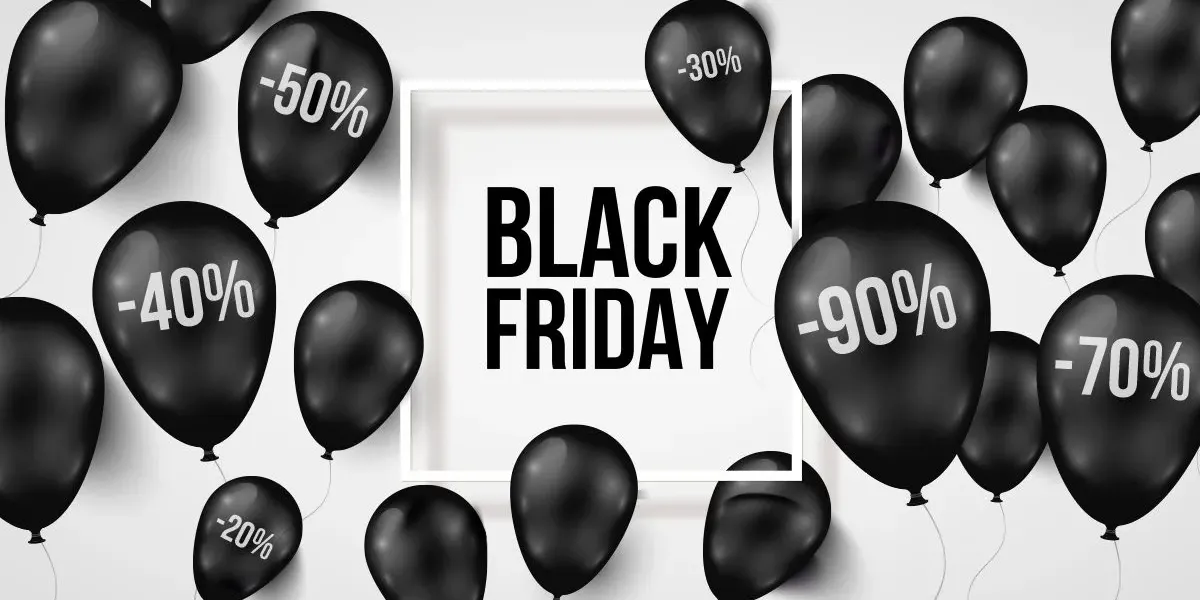When investing in a solar power system, especially for utility-scale applications, the reliability of the central inverter is paramount. A dependable inverter ensures optimal performance and longevity, directly impacting the overall efficiency and profitability of the solar installation. Here are key factors to consider when evaluating the reliability of a central inverter.

- Manufacturer Reputation
The reputation of the manufacturer is often a strong indicator of product reliability. Established companies with a history of producing quality inverters tend to have more rigorous testing and quality assurance processes. Look for manufacturers with positive reviews, certifications, and industry accolades.
- Quality Certifications
Reliable central inverters should have relevant certifications that demonstrate compliance with international standards. Look for certifications from organizations such as Underwriters Laboratories (UL), International Electrotechnical Commission (IEC), and the American National Standards Institute (ANSI). These certifications indicate that the inverter has undergone stringent testing for safety and performance.
- Performance Specifications
Examine the inverter’s technical specifications, including efficiency ratings, maximum output, and operational temperature ranges. High efficiency is crucial for maximizing energy conversion, while a wide operational range indicates that the inverter can function effectively in various environmental conditions.
- Warranty and Support
A robust warranty is a strong sign of reliability. Manufacturers that offer extended warranties (typically 5 to 10 years) demonstrate confidence in their product’s durability. Additionally, consider the level of customer support provided. Reliable manufacturers should offer responsive technical support and readily available spare parts.
- Field Performance Data
Real-world performance data can provide insights into an inverter’s reliability. Look for case studies or reports that detail how the inverter has performed in actual installations. Metrics such as uptime, maintenance frequency, and operational lifespan are critical indicators of reliability.
- Thermal Management Features
Effective thermal management is essential for the longevity of any inverter. Reliable central inverters should have advanced cooling systems to prevent overheating, which can lead to premature failure. Features like temperature monitoring and adaptive cooling can enhance reliability.
- Robustness and Build Quality
Inspect the physical build quality of the inverter. Reliable inverters are typically constructed with high-quality materials that can withstand harsh environmental conditions, such as extreme temperatures, humidity, and dust. A rugged design is crucial for ensuring long-term performance, especially in outdoor installations.
Conclusion
Determining the reliability of a central inverter is critical for ensuring the success of a solar power system. By considering factors such as manufacturer reputation, quality certifications, warranty offerings, and real-world performance data, you can make an informed decision.
One of the leading names in the central inverter market is Sungrow. Known for its commitment to innovation and quality, Sungrow produces reliable central inverters that meet the demanding needs of large-scale solar applications. With a strong track record and industry recognition, Sungrow continues to support the transition to renewable energy, providing dependable solutions for a sustainable future.
















